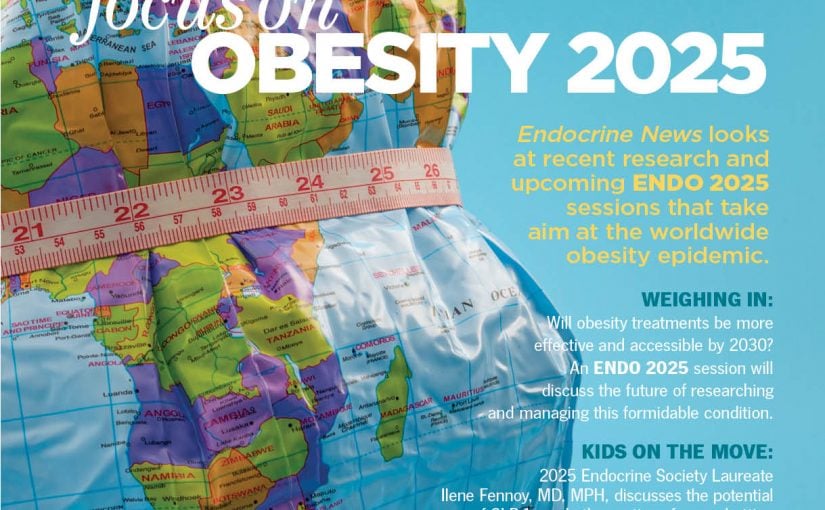A large international survey of women with polycystic ovary syndrome (PCOS) found nearly two in three were dissatisfied with the length of time they waited and the number of healthcare professionals they had to see before they received a diagnosis, according to a new study published The Journal of Clinical Endocrinology & Metabolism.
Researchers led by Melanie Gibson-Helm, PhD, of Monash Centre for Health Research and Implementation and the School of Public Health and Preventive Medicine at Monash University in Melbourne, Australia, point out that a previous Australian survey showed that PCOS diagnosis is often delayed, involves many healthcare professionals, and ultimately leaves women still asking questions about their condition. “This study aimed to investigate women’s diagnosis experiences, information provided, main concerns about PCOS and support needs in a large group of women with PCOS primarily in North America and Europe. The findings will inform an international initiative to improve diagnosis and education to better meet women’s needs and optimize early engagement with evidence-based management,” the authors write.
Nearly half of the 1,385 women surveyed internationally for this current study saw three or more healthcare providers before they were diagnosed. The diagnostic process took more than two years for a third of the survey respondents. A total of 1,550 women responded to the survey, but 165 were excluded because they didn’t meet the eligibility criteria or they completed less than half of the questions. Respondents lived in 32 countries.
“Despite the misleading name, PCOS is not primarily an ovarian condition, but instead is a hormonal disturbance with diverse health effects that is largely inherited. The process of diagnosing PCOS needs to be improved, and the diverse set of metabolic, reproductive and psychological features need to be understood and addressed.”
“Given the prevalence of PCOS, it is important for women and healthcare professionals to be more aware of the condition,” says one of the study’s authors, Helena Teede, FRACP, PhD, of Monash University. “Despite the misleading name, PCOS is not primarily an ovarian condition, but instead is a hormonal disturbance with diverse health effects that is largely inherited. The process of diagnosing PCOS needs to be improved, and the diverse set of metabolic, reproductive and psychological features need to be understood and addressed.”
In the cross-sectional study, women with PCOS who were at least 18 years old and had been diagnosed with the condition by a physician were asked to complete an online questionnaire. Researchers built on initial studies in Australia and worked with two large PCOS patient support groups—U.S.-based PCOS Challenge and U.K.-based Verity—to distribute the questionnaire to their website visitors, mailing lists and social media followers with an international reach. “We were interested in women’s diagnosis experience and satisfaction with information and educational materials they received at the time of diagnosis,” Teede said.
Reports of months- or years-long waits for a diagnosis and visits to multiple healthcare professionals were common among the survey respondents. Women who waited more than six months for a diagnosis were more likely to report being dissatisfied with the process than those who were diagnosed in a shorter period.
Less than a quarter of the survey respondents were satisfied with the information they received about common treatments for PCOS, including lifestyle management and medications, when they were diagnosed with the condition. More than half reported that they didn’t receive any information about long-term PCOS complications or emotional counseling or support.
“Our findings show women are dissatisfied with the diagnosis experience and that there are clear opportunities to improve awareness, diagnosis and health outcomes for women with PCOS,” Teede said. “The survey results, along with a new international guideline and awareness ad education initiative, will be used to inform international efforts to improve PCOS education and care.”

